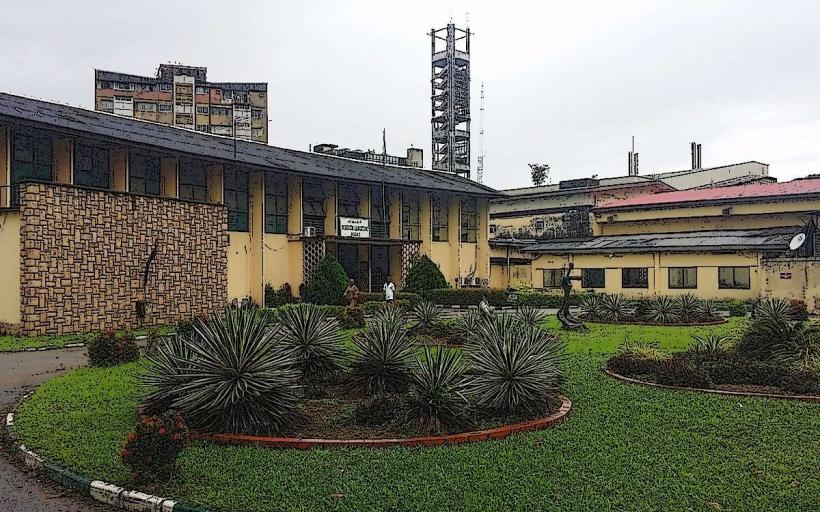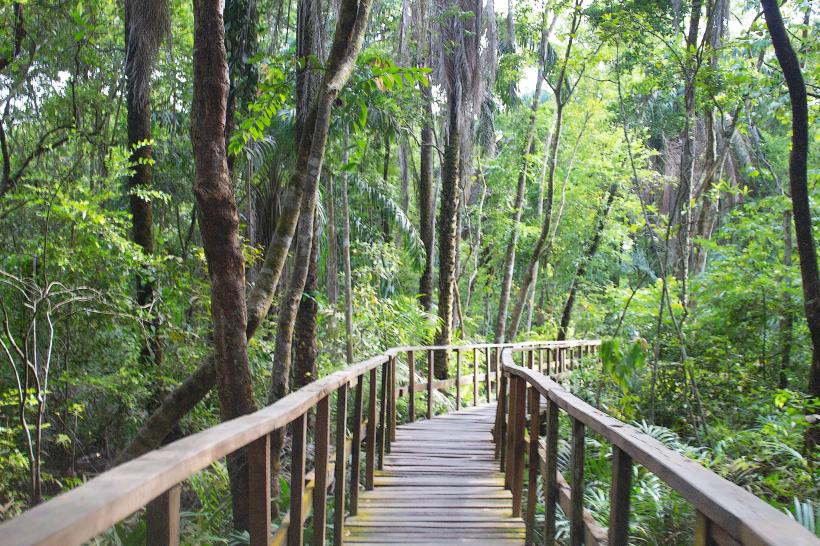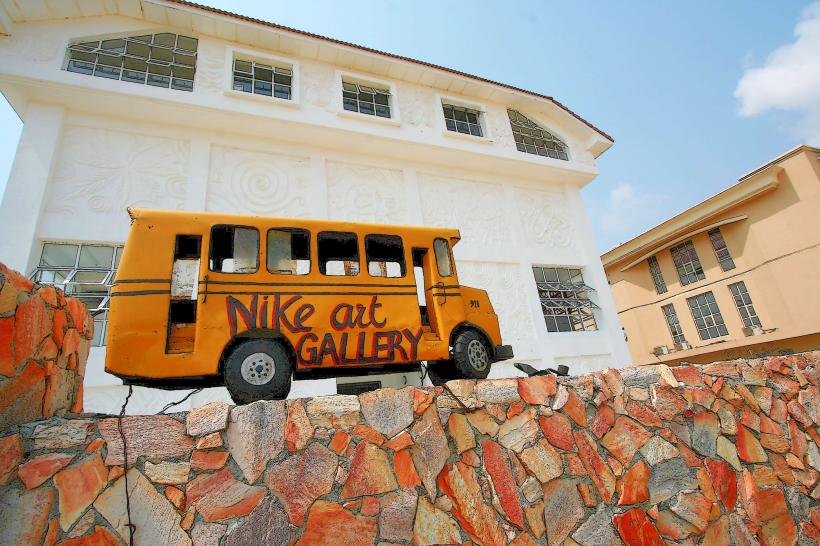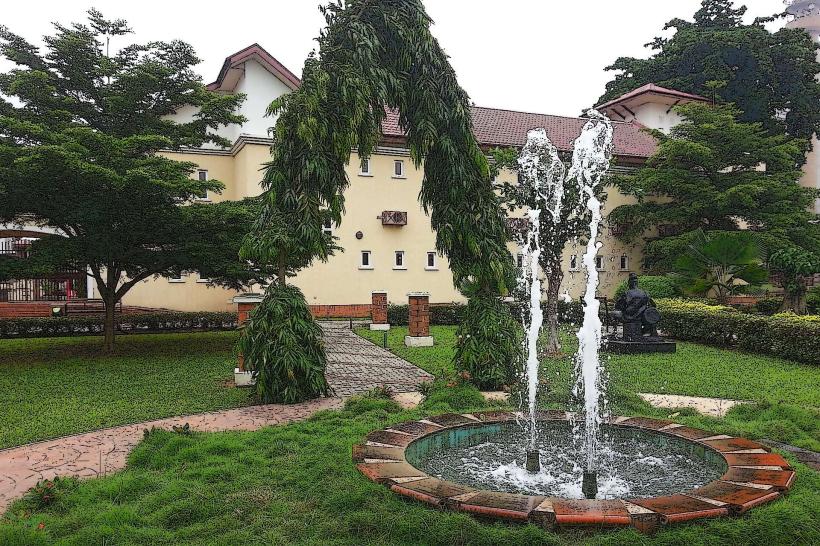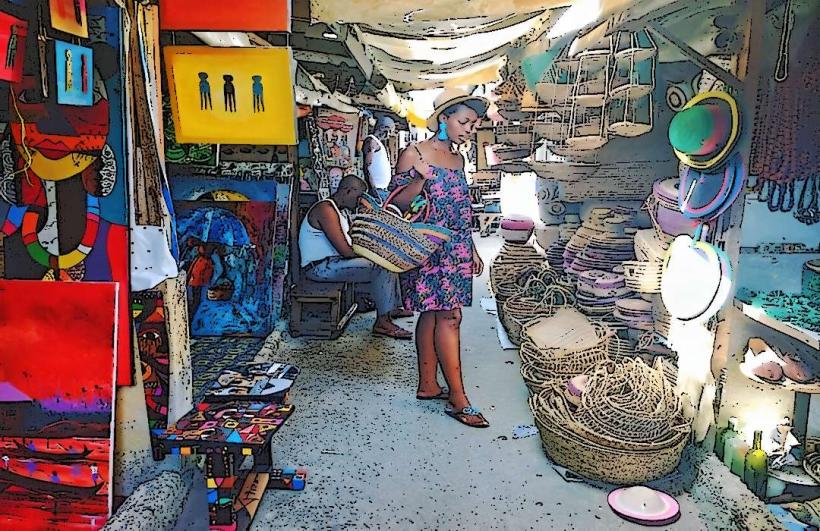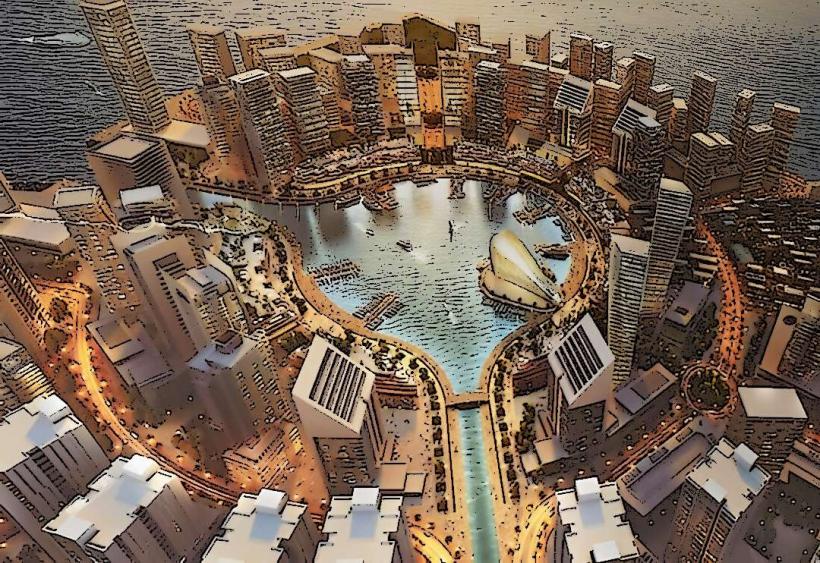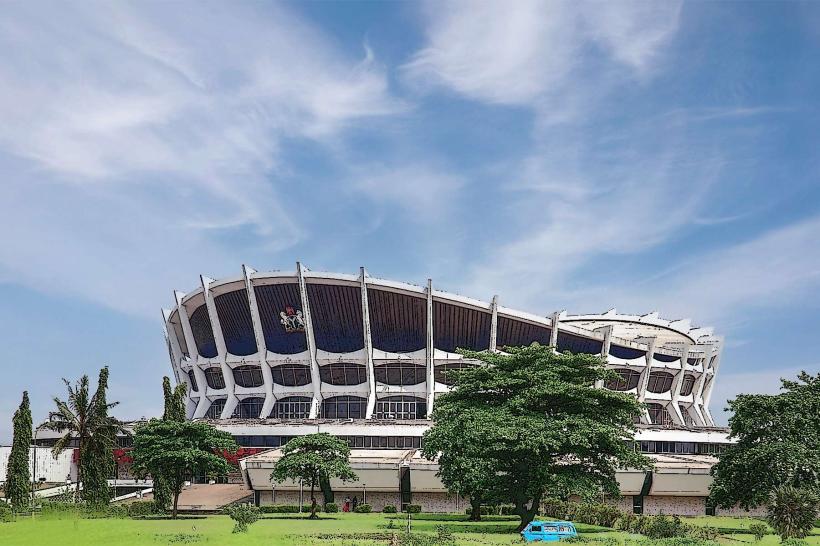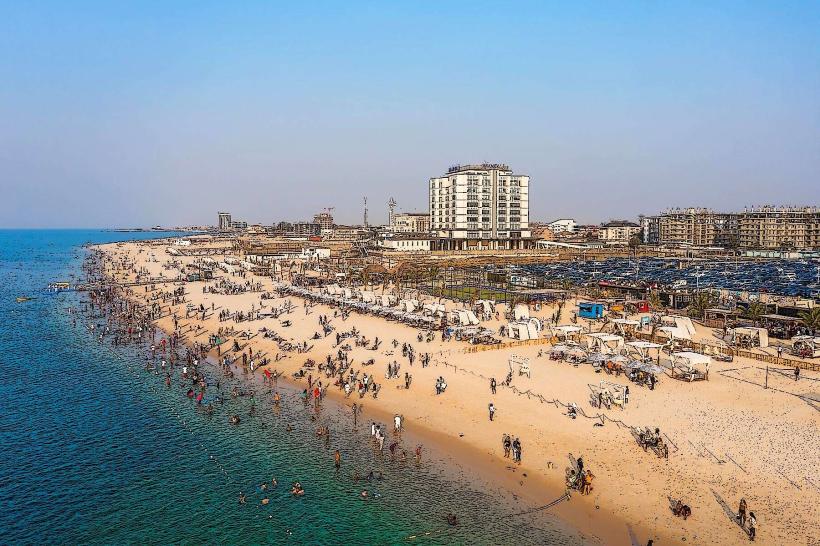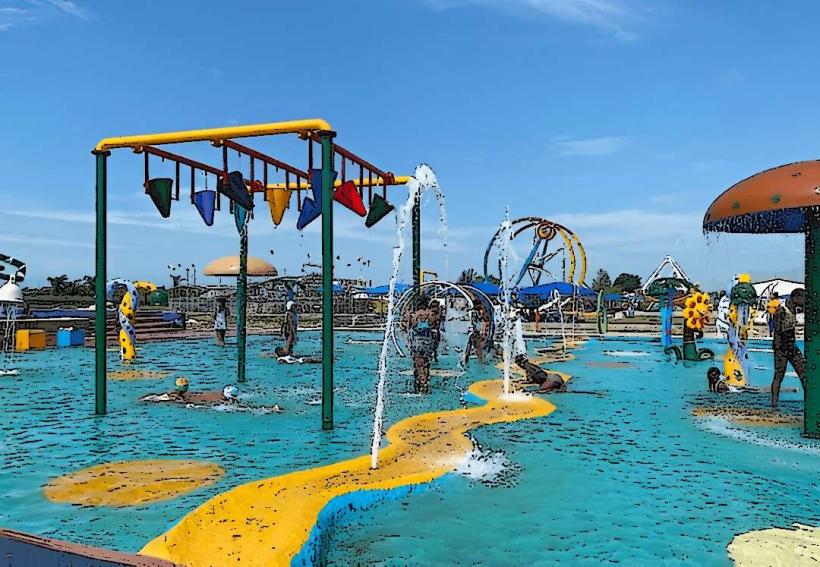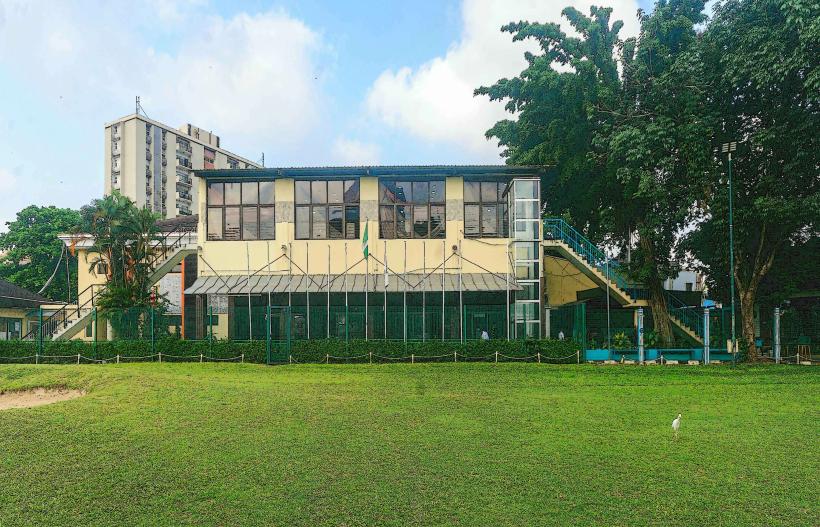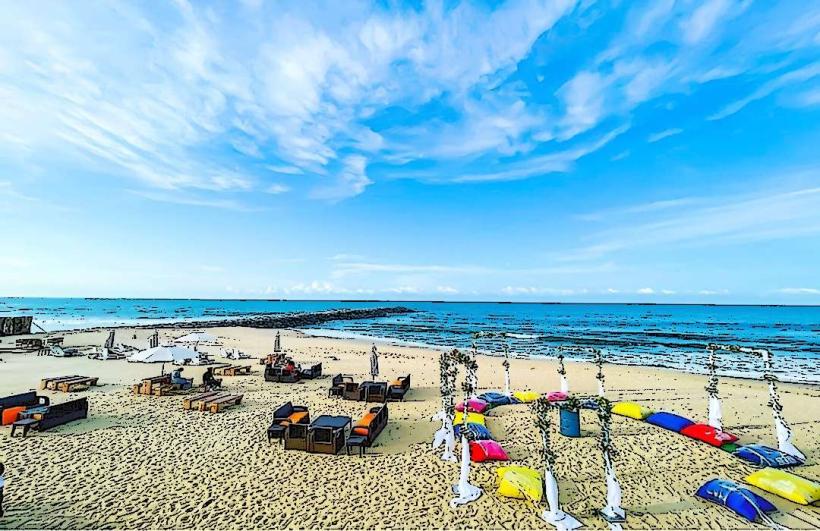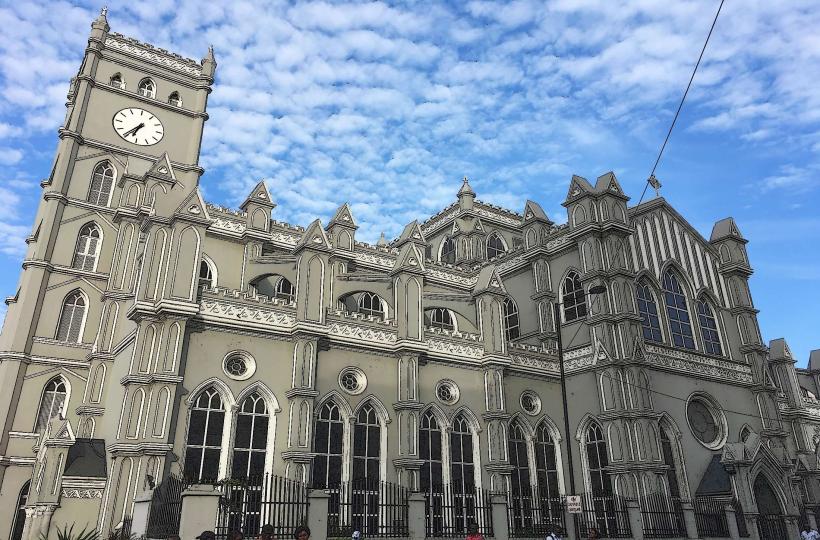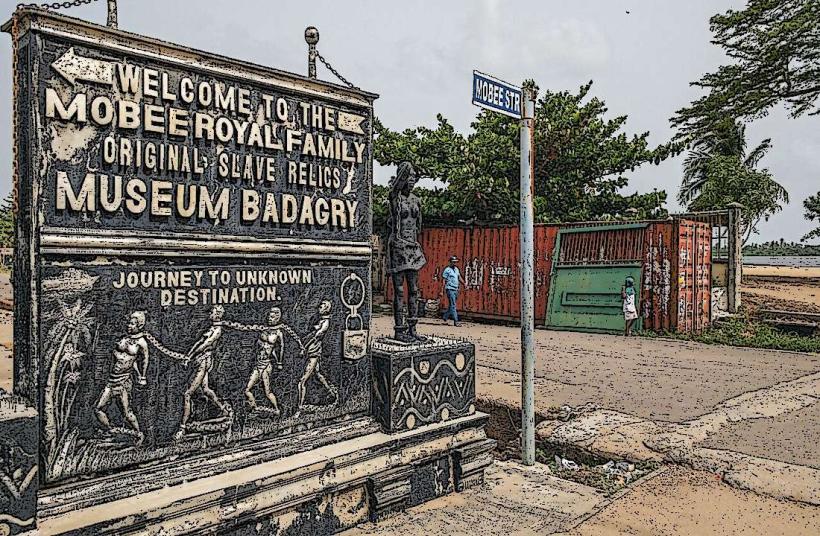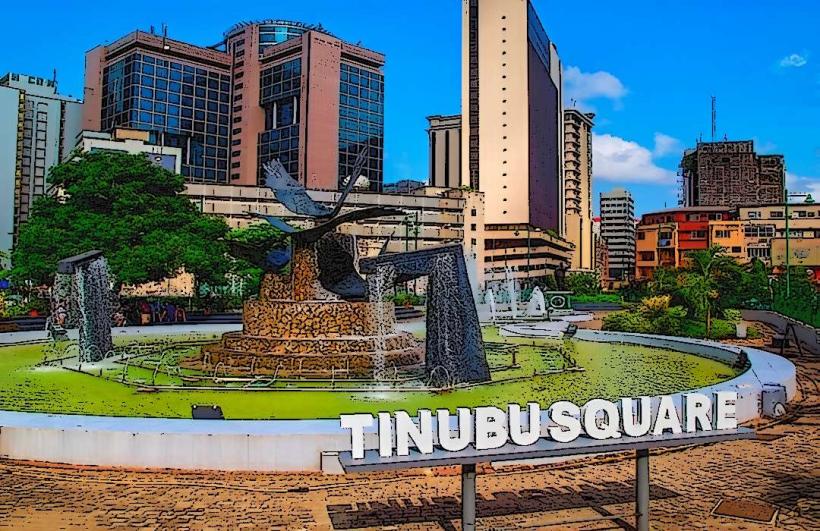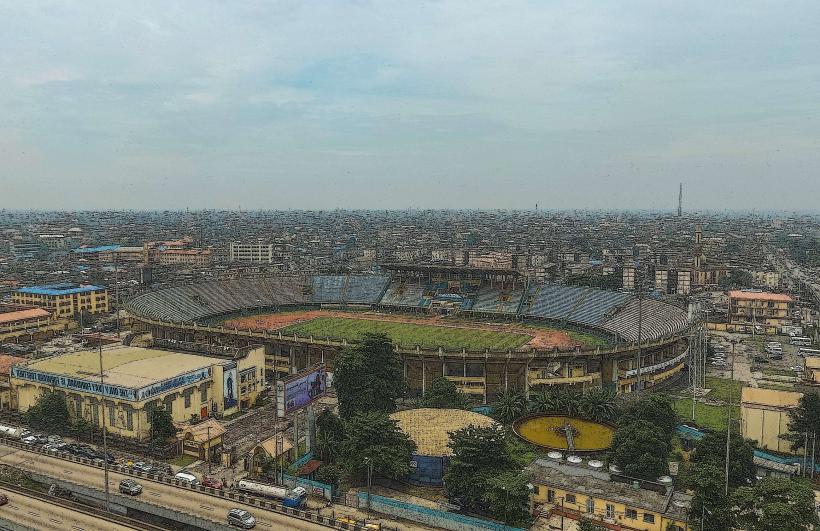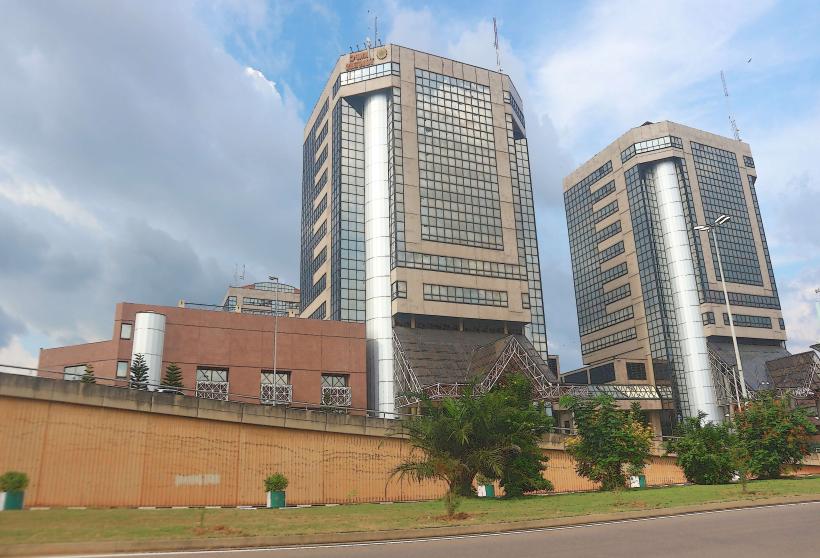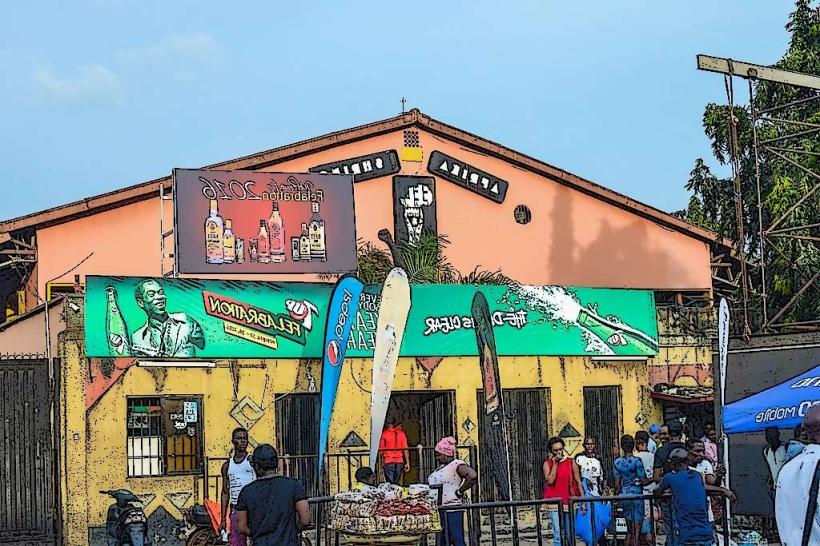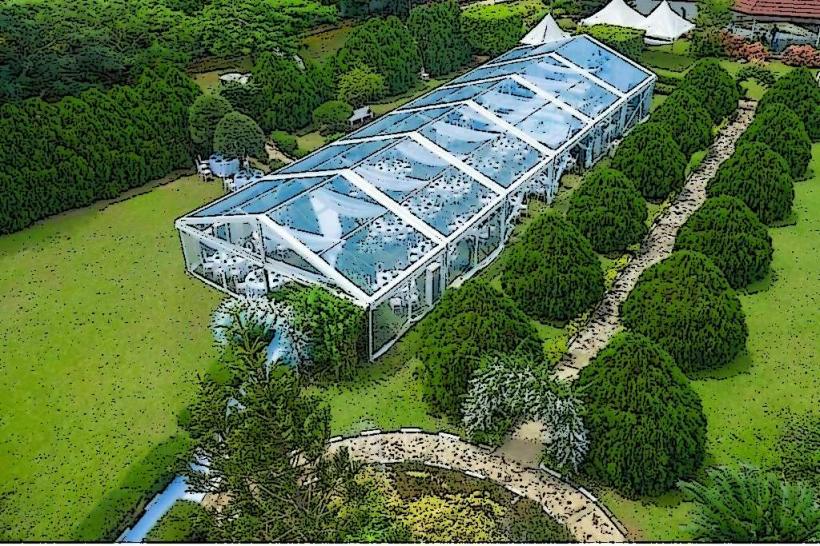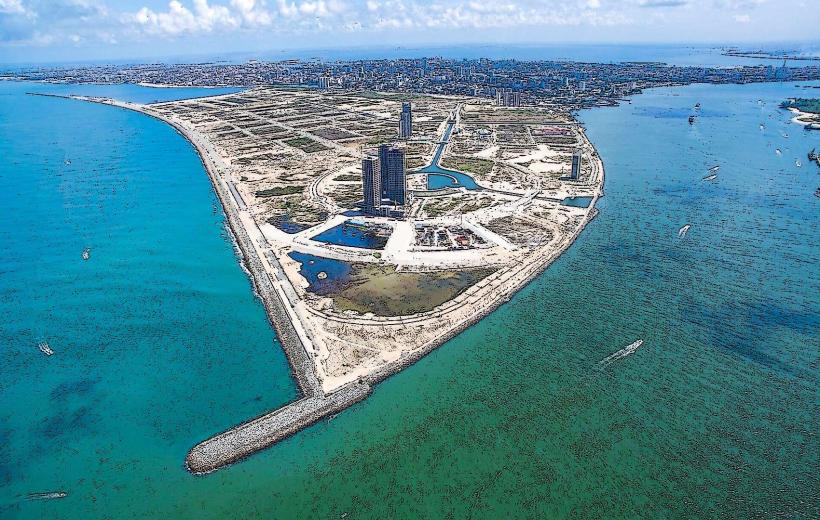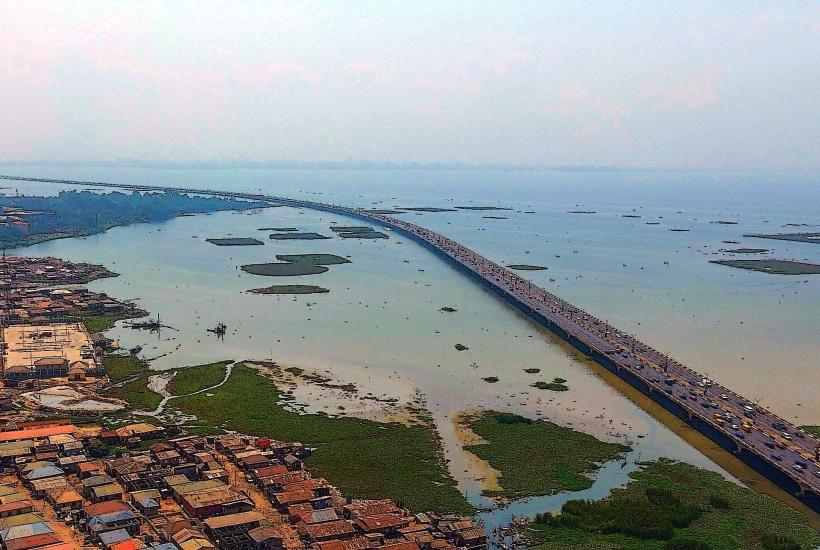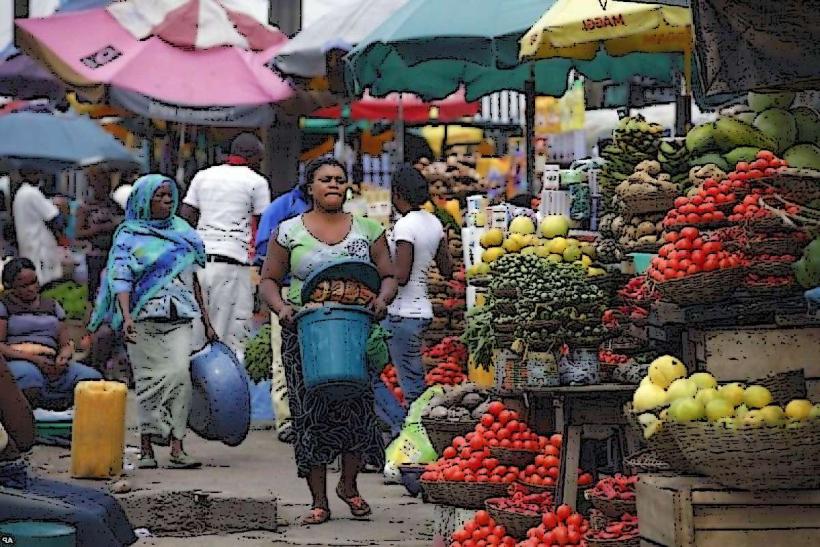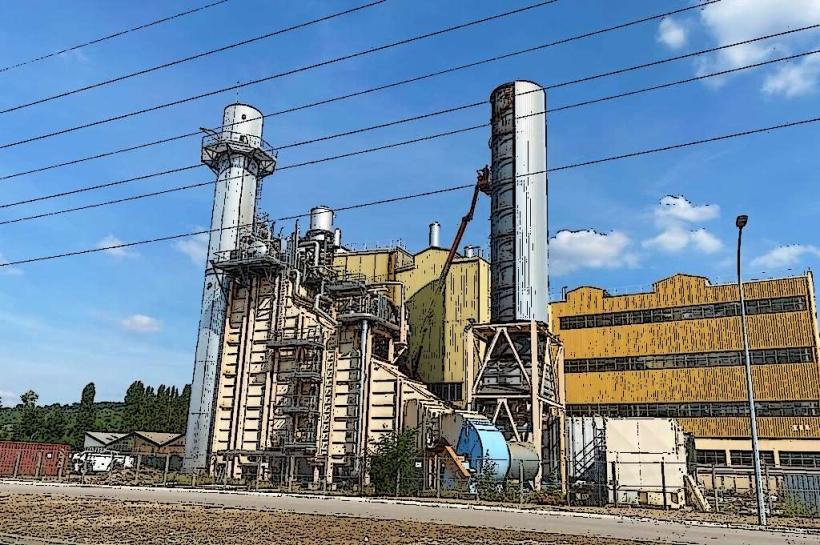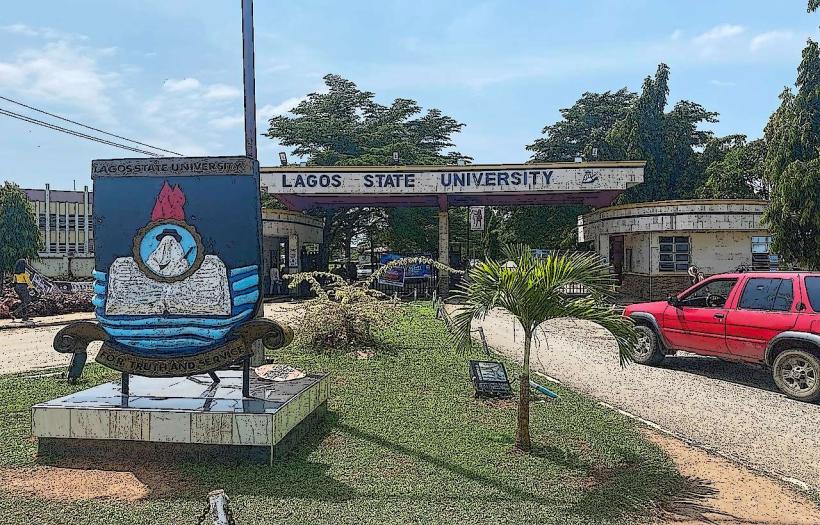Information
City: LagosCountry: Nigeria
Continent: Africa
Lagos, Nigeria, Africa
Lagos: Detailed Information
Lagos is the largest city in Nigeria, both in terms of population and economic significance. It serves as one of Africa's most important financial and cultural hubs. The city is located on the southwestern coast of Nigeria, along the Gulf of Guinea, and has a dynamic urban landscape characterized by a blend of modern infrastructure and traditional Nigerian culture.
Geography
Location: Lagos is situated on the southwestern coast of Nigeria, bordered by the Atlantic Ocean to the south. It is geographically spread across several islands, such as Lagos Island, Victoria Island, and Ikoyi, as well as the mainland.
Area: Lagos covers an area of approximately 3,577 square kilometers (1,382 square miles).
Water Bodies: Lagos is characterized by numerous rivers, lagoons, and canals, such as the Lagos Lagoon, Badagry Creek, and the Ogun River, which contribute to the city's distinctive geography.
Population
Population: With a population of over 23 million people, Lagos is the most populous city in Nigeria and one of the fastest-growing cities in the world. Its population density is very high, and it has one of the largest urban populations in Africa.
Diversity: The city is home to a diverse range of ethnic groups, including the Yoruba, Igbo, Hausa, and many others. It is also a melting pot for people from various parts of Nigeria and other countries, especially those in West Africa.
History
Early History: Lagos has a long history, with early settlements dating back to the 15th century. It was originally an important fishing village before it became a prominent port for European traders.
Portuguese Influence: Lagos was first visited by the Portuguese in the 15th century, and they established a trade route for slaves and goods.
British Colonial Era: Lagos was a British colony by the mid-19th century, and it was the British imperial capital in West Africa. The British officially annexed Lagos in 1865, and it became part of the British Protectorate of Nigeria.
Independence: Lagos remained an important center of commerce and governance after Nigeria's independence in 1960. It was the capital of Nigeria until 1991, when the capital was moved to Abuja, but Lagos remains the commercial and cultural center of the country.
Economy
Lagos is Nigeria's economic powerhouse, contributing about 30% of the nation's GDP.
Commercial Hub: The city serves as the economic engine of Nigeria, with banking, telecommunications, oil and gas, and manufacturing being key industries.
Port City: Lagos has the largest seaport in Nigeria, the Port of Lagos, located in Apapa. It is a crucial point for international trade, especially for imports and exports of goods, making Lagos the primary gateway for goods entering Nigeria and other landlocked countries in Africa.
Oil and Gas: The city is a hub for Nigeria's oil industry, with many multinational oil companies having regional offices based in Lagos.
Financial District: Victoria Island and Ikoyi are the heart of Lagos' financial and business districts, housing numerous multinational corporations, Nigerian banks, stockbrokers, and trading companies.
Technology and Startups: In recent years, Lagos has seen a burgeoning tech scene, with Yaba (often referred to as "Yabacon Valley") emerging as the tech hub of Nigeria, home to numerous startups and fintech companies.
Culture and Society
Lagos is a cultural melting pot, offering a blend of traditional Nigerian culture and modern influences. It is one of Africa’s most vibrant cultural centers.
Music: Lagos is the heart of the Nigerian music scene, especially for genres like Afrobeat, hip-hop, and highlife. The city has produced international stars such as Wizkid, Davido, Burna Boy, and Tiwa Savage, making it one of the most important music capitals in Africa.
Art: Lagos has a thriving art scene, with numerous art galleries, festivals, and exhibitions. Notable places include the National Museum Lagos, the Nike Art Gallery, and the Art Twenty One Gallery. The city is also home to the Lagos Art Festival and the Lagos Photo Festival, which showcase the creative talent from across Africa.
Cuisine: Lagos is a great place to explore Nigerian cuisine. Popular dishes include jollof rice, pounded yam with egusi soup, suya (spicy grilled meat), moin-moin (steamed bean pudding), and pepper soup. Street food is widely available in areas like Surulere, Yaba, and Lekki.
Fashion: Lagos is also a major center for fashion, with Nigerian designers showcasing their collections at local and international fashion events. Lagos Fashion Week is a prominent event, and many Nigerian fashion brands have gained international acclaim.
Tourist Attractions
Lagos offers a wide range of tourist attractions, from historical landmarks to modern entertainment hubs.
Lekki Conservation Centre: A nature reserve and wildlife sanctuary, famous for its canopy walkway, one of the longest in Africa.
Nike Art Gallery: One of the largest art galleries in West Africa, offering a variety of Nigerian arts and crafts.
National Museum Lagos: A museum that showcases Nigeria’s rich cultural heritage, with artifacts related to history, culture, and traditional arts.
Freedom Park: A historical park and leisure center located on the site of the old colonial prison. It is now a cultural space for live music performances, theater, and art exhibitions.
Lekki Arts & Crafts Market: A popular market where visitors can buy authentic Nigerian crafts, textiles, jewelry, and souvenirs.
Tarkwa Bay Beach: A serene beach located near the Lagos harbor, perfect for water activities like surfing and swimming.
Elegushi Beach: A privately-owned beach offering beach parties, clubs, and activities like horseback riding and volleyball.
Omu Resort: A family-friendly amusement park offering animal viewing, water rides, and interactive experiences.
Eko Atlantic City: A new, artificial island city being developed to house commercial, residential, and tourist facilities.
National Theatre: A cultural landmark and a venue for performing arts, including concerts, drama, and dance performances.
Transportation
Lagos has a well-developed transportation system, but it also faces significant congestion challenges.
Roads: Lagos has an extensive road network, though traffic congestion is one of the city's biggest problems. Rush hours in key areas like Victoria Island, Lekki, and Ikeja can be extremely congested.
Public Transportation: Lagos has a variety of public transport options, including buses, taxis, and BRT (Bus Rapid Transit) services that help commuters navigate the city.
Maritime Transport: Ferries and water taxis are used to navigate between islands and across lagoons, with several terminals offering boat rides to various parts of the city.
Air Travel: Lagos is served by Murtala Muhammed International Airport, which connects the city to international and domestic destinations.
Challenges
Despite its economic power and cultural vibrancy, Lagos faces several challenges:
Overpopulation: As one of the fastest-growing cities globally, Lagos struggles with overcrowding, especially in the slums and informal settlements such as Makoko and Agege.
Traffic Congestion: Traffic jams are a daily reality for many Lagosians, resulting in long travel times and a negative impact on productivity.
Poverty: A significant portion of Lagos' population lives in poverty, particularly in informal settlements where basic amenities are lacking.
Environmental Issues: Lagos faces environmental challenges such as waste management problems, water pollution, and the degradation of coastal areas due to unregulated construction.
Education
Educational Institutions: Lagos is home to several top universities, including the University of Lagos (UNILAG), Lagos State University (LASU), and private universities like Pan-Atlantic University.
Schools: The city has many private and public schools that provide education from elementary to secondary levels, with English as the primary language of instruction.
Conclusion
Lagos is a dynamic, fast-paced metropolis, offering a unique mix of historical significance, economic power, cultural vibrancy, and modernity. It remains a key global city, attracting investors, tourists, and businesspeople alike. However, its rapid growth brings challenges in urban planning, transportation, and infrastructure development, making it a city in constant transformation. Despite these hurdles, Lagos continues to shine as a beacon of opportunity and culture in West Africa.

